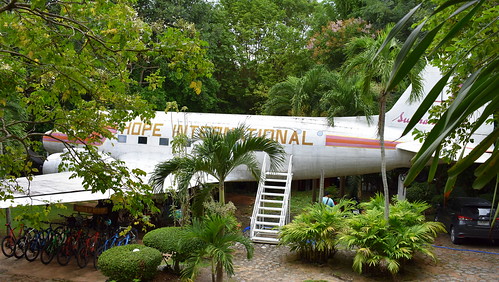
Introduction
Medicine addiction is a complex and pervasive concern that impacts individuals, households, and communities global. It's characterized by the compulsive use of drugs despite their particular harmful effects. Medication addiction is an international problem that transcends social, personal, and financial boundaries, affecting individuals of all ages, events, and backgrounds. This report aims to offer a brief overview of medication addiction, showcasing its factors, impacts, and feasible solutions.
Reasons for Drug Addiction
Various aspects play a role in the development of medication addiction, including genetic, ecological, and behavioral elements. Genetics are likely involved in identifying an individual's susceptibility to addiction. Research implies that particular hereditary aspects will make certain people more prone to getting hooked on medicines. Ecological aspects, such as for instance exposure to drug abuse inside the family members or neighborhood, in addition play an important part. Additionally, psychological and personal factors, including tension, mental health problems, and peer force, can play a role in addiction.
Aftereffects of Drug Addiction
Medicine addiction has extreme repercussions on individuals and society in general. At a person degree, medication addiction can somewhat impair one's real and psychological state. Drug abuse can cause chronic diseases, including liver and lung harm, heart problems, and an increased danger of infectious conditions like HIV/AIDS. More over, drug addiction Treatment thailand,
cs-sborki.ru, often leads to mental problems including depression, anxiety, and psychosis. Also, addiction can stress personal relationships, cause financial uncertainty, while increasing the likelihood of unlawful involvement.
On a wider scale, medicine addiction puts a considerable burden on culture. It impacts healthcare systems, as addiction-related procedures and rehabilitation programs tend to be expensive. Additionally, medication addiction contributes to increased crime prices, as individuals risk turning to illegal tasks to sustain their addiction. In addition, drug-related accidents and weakened efficiency hinder economic development and development.
Feasible Solutions
Handling medicine addiction requires a comprehensive and multi-faceted method. Avoidance attempts should consider training and increasing awareness in regards to the problems of drug abuse. Effective strategies feature school-based avoidance programs, community awareness campaigns, and specific treatments for vulnerable populations.
Additionally, therapy and rehab options must certanly be made available and inexpensive to all or any those experiencing medication addiction. This requires establishing rehab facilities, offering guidance and treatment, and making sure the availability of medication-assisted treatment techniques eg methadone or buprenorphine. Help sites and aftercare programs may important in making sure lasting data recovery.
Also, discover a necessity for stricter regulation and control when you look at the pharmaceutical business to stop the misuse of prescribed drugs. Ensuring the accessibility to alternative problem management techniques can decrease the dependence on opioids, reducing the chance of addiction.
Conclusion
Medication addiction is a complex concern with serious consequences for people and culture. Its factors tend to be multi-faceted and need numerous methods to avoidance and treatment. By increasing understanding, boosting education, enhancing access to therapy, and implementing stricter laws, community may take significant steps toward reducing the prevalence and influence of drug addiction. Combating medicine addiction necessitates collective efforts from governments, healthcare experts, communities, and individuals to mitigate its impacts and provide assistance to those impacted.